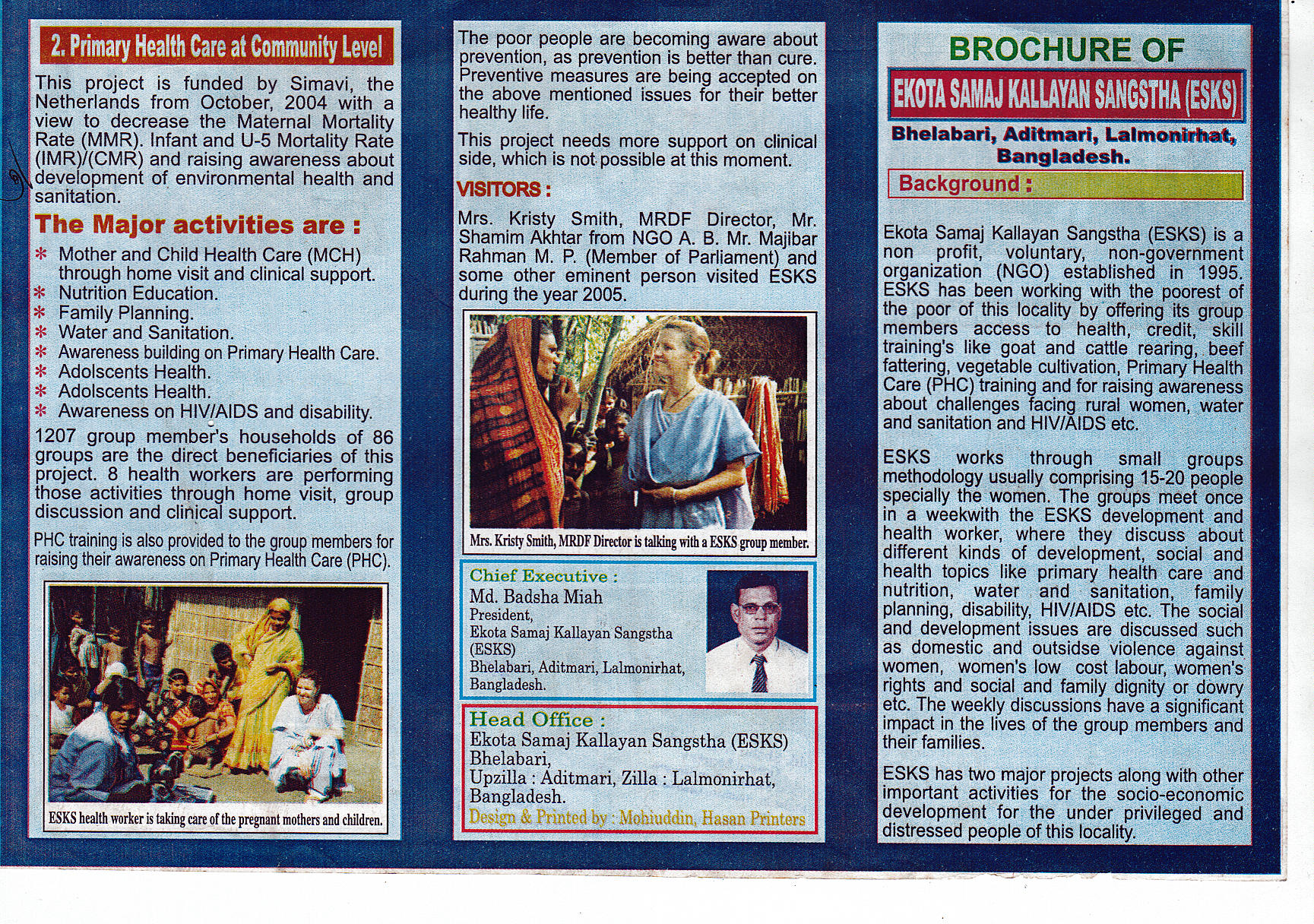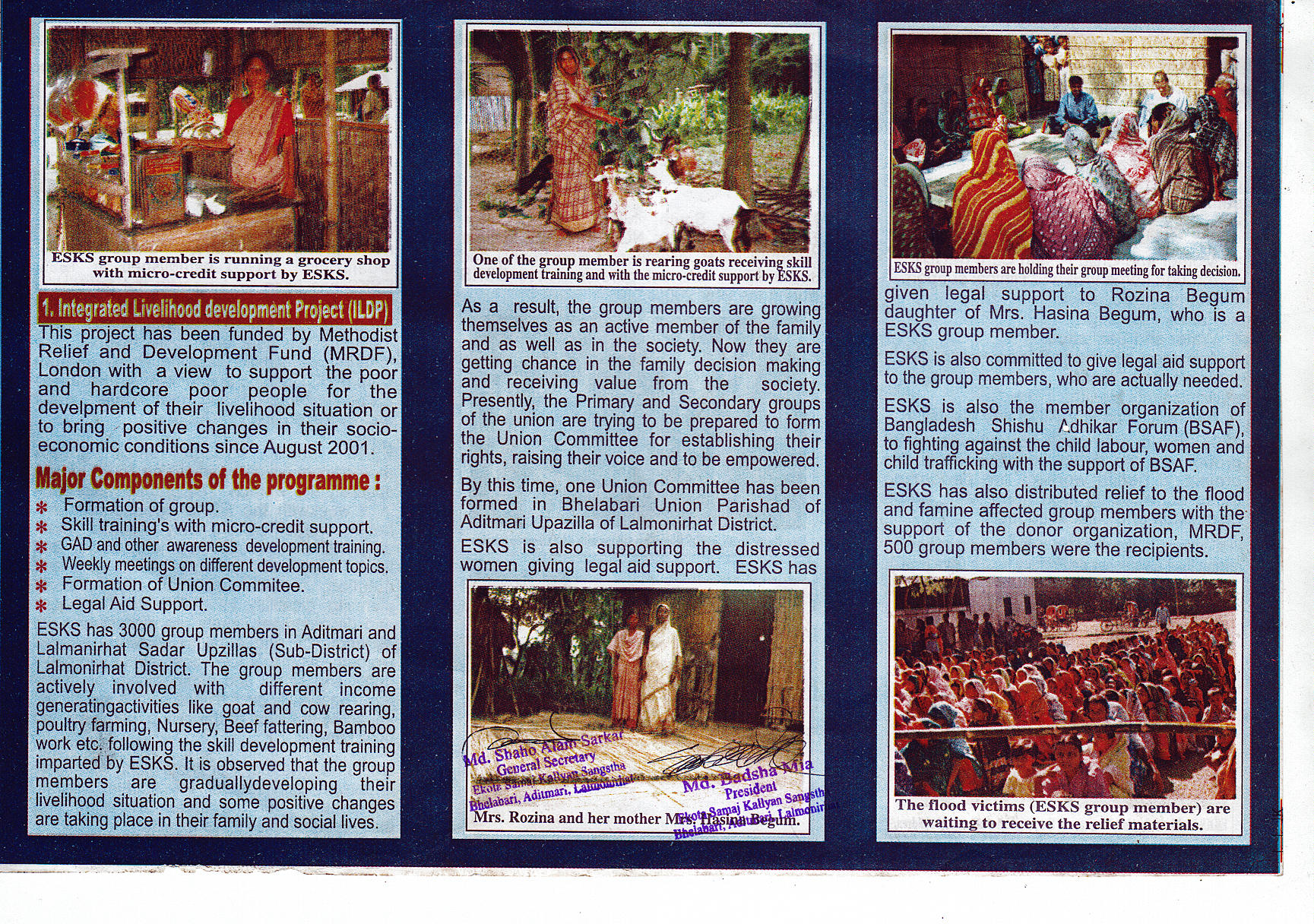



Women in Bangladesh hear a disproportionately large share of country’s poverty. Most of the statistical indicators, of the status and progress in human development point to unacceptably high levels of deprivation among women. Gender inequalities in access to resources and opportunities violate the very concept of human development and essence of democracy. Discrimination
against rural women is much more oppressive. The gender discrimination that is practiced is deeply embedded in the social
structure. Women are distribution against in family , society, workplace and political area. The asymmetrical distribution of food, nutrition, health care education and social.
Opportunities have resulted in the level of nutrition being low among women and the rate of illiteracy higher. Polygamy, early marriage, frequent divorce, dowry, wife beating, abandoned wife, separation with dependent children without maintenance and attention, attack on women’s chastity, malnutrition, illness hunger, injustices, widowhood, migration to urban areas are the salient features of women’s sufferings. Keeping the above in the fore , Ekota Samaj Kallyan Sangstha (ESKS) wants to implement gender and development program for women’s empowerment and power to create a critical awareness of civvies and human rights for women to build a democratic society.
Lalmonirhat (5 no. Upazila)
Kurigram (6 no. Upazila)
Nillfamari (5 no. Upazila)
Thakurga (5 no. Upazila)
ESKS showcases its significant education, healthcare, women’s empowerment, livelihood enhancement & environmental preservation initiatives. Partnering with national and international donors, ESKS carried out a variety of programs such as raising awareness about cybercrime, supporting maternal and child health, providing primary healthcare training & promoting sustainable livelihood projects.
Here is a glimpse of the ESKS ANNUAL REPORT :